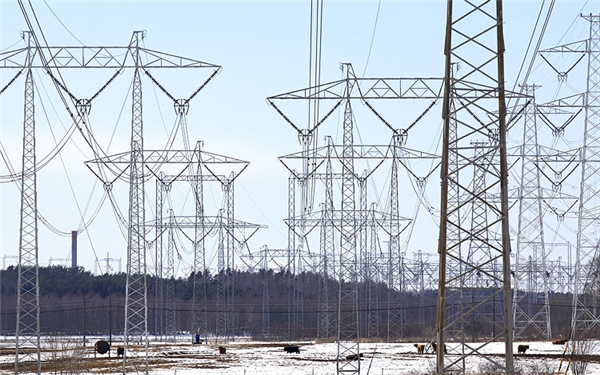Germany has lifted its forecast for electricity consumption in 2030 by at least 9.3 percent, due to the roll-out of electric vehicles, tougher climate targets and the phasing out of oil or gas as a fuel.
Economy Minister Peter Altmaier said demand for electricity will be between 645 and 665 billion kilowatt hours (TWh) in 2030, up from the 590 billion kilowatt hours predicted in early 2020.
Altmaier said that the higher electricity consumption would be triggered by a faster adoption of electric vehicles, with 14 million cars now expected on the road by 2030 up from a previous forecast of 10 million.
In addition, about 6 million heat pumps would be installed in buildings, which would also need more electricity.
Utilities have been asking for realistic targets on which to base their planning, arguing earlier official forecasts were too low as they were premised on expectations for more energy efficiency.
The German Association of the Energy Industry (BDEW) assumes consumption of 700 billion kilowatt hours in 2030.
Altmaier also raised Germany’s 2030 hydrogen production forecast to 19 billion kWh from a previous estimate of 14 billion.
Local utility association VKU said it was necessary to revamp and expand power and gas transmission networks for the transport of more renewable power and hydrogen.
Operators of distribution grids and gas pipelines needed more incentives for investments. Electric charging facilities were not yet profitable to operate.
Engineering industry group VDMA said more land needed to be made ready for the building of wind and solar power plants.

